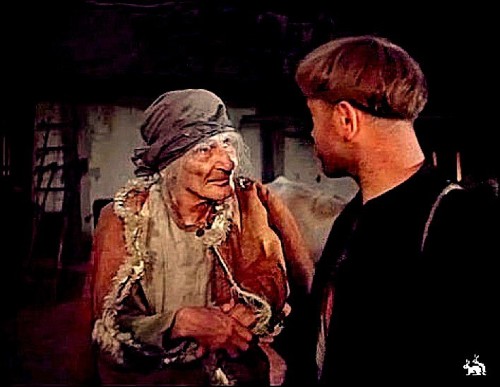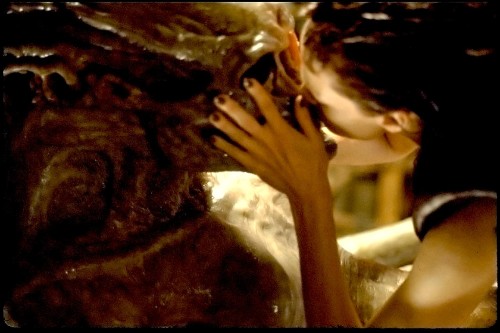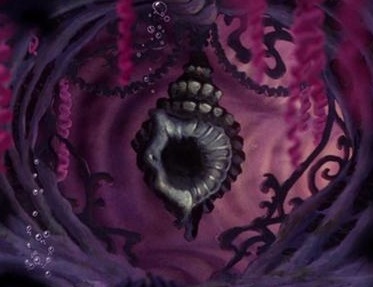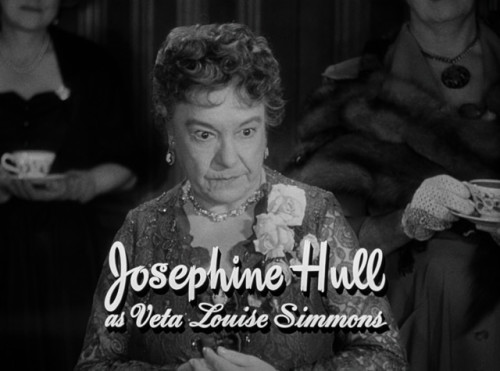Totally Radical Girls and the Bitchin’ Burden of Civilization
I mean, she doesn’t wrap her arms around some guy’s waist to hold on for the ride of her life or even jump onto a Vespa or something weak. Nope, she’s a zombie-fightin’ shoulder-padded biker who escapes danger on her own and looks just as feathery-haired good when she gets to her destination as when she put down her attacker in the alley (although this was the early 80s while CFCs were being phased out, so big hair treated with a half-bottle of AquaNet always had some hold).











